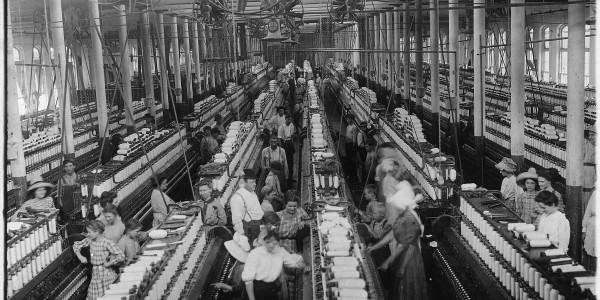If you work in manufacturing, you probably read that title and said, “Yes. Labor costs absolutely matter, and why would you ask such a question?” Labor costs have long been an important factor in manufacturing, and have even dictated where things are made. Countries with lower labor costs tempt manufacturers into offshoring production, even if that means moving operations across the globe. However, the cost of labor might be waning in importance.
It doesn’t matter which continent or country you’re on, or how that country regulates worker wages, automation is almost always cheaper than paying workers. Since motion control and the use of industrial machinery is becoming commonplace in most factories, the number of human workers needed is going down, as is the cost of labor.
Now, instead of paying hundreds of employees to do factory work, you can pay tens of technicians to operate industrial robots. The cost of labor becomes far less important in the decision process, and things such as logistics, and shipping time begin to take precedent over how much workers should be paid.
Industrial robots can operate at maximum efficiency for 24 hours a day, 7 days a week. They don’t get tired, the don’t need to take breaks, they don’t need to eat, and the don’t complain about how much they are working. Not only are robots more efficient and more productive than humans, they are also much cheaper.
Lights out manufacturing takes full advantage of automation in manufacturing. In fully automated factories, labor costs don’t really matter as much as other factors.
Increased automation in manufacturing has led to reshoring for many companies. The advantages of cheap labor overseas no longer outweigh the advantages of domestic production thanks to the implementation of robots.
So it’s not that labor costs don’t matter, it’s just that labor costs are becoming less important due to increased automation.
